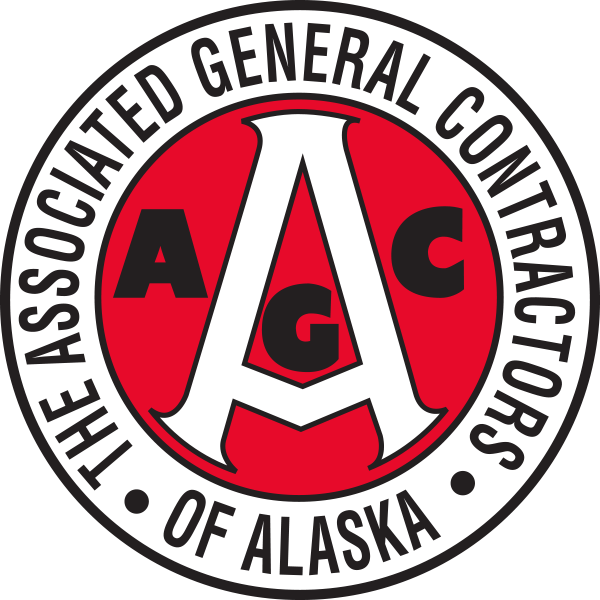
AGC supports the continued focus on a responsible, sustainable, and balanced budget, which includes strategies to enhance and diversify Alaska’s economy and support and attract infrastructure investments. A sustainable and predictable state budget is vital for our industry; without it, our industry runs the risk of project cancellations, delays, reduced payments, layoffs, and more, which have far-reaching and significant impacts on every sector of Alaska’s economy and our way of life.
The construction industry continues to be significantly affected by extreme reductions to the capital budget. In addition, failure to pass the capital budget in a timely manner has long-lasting negative effects.
AGC supports a long-term statewide plan which prioritizes the backlog of deferred maintenance projects for state-owned facilities and infrastructure.
AGC also supports the Percent of Market Value approach for balancing public investments, permanent fund dividends, and the state’s budget. AGC also encourages:
- Prioritizing funding for a timely capital budget and deferred maintenance program
- Maximizing state match funds for federally funded projects
- Giving priority to infrastructure development; we support prudent revenue generation to accomplish that goal
AGC encourages the Alaska Legislature and the administration to streamline Alaska’s regulatory and permitting laws and policies to facilitate additional exploration, site development, employment, infrastructure, research, reclamation, and natural resource production in Alaska. This includes:
- Minimizing state regulatory burdens
- Addressing term limits and timelines on permit-review processes
- Supporting legacy projects, recognizing the state’s investment thus far and ensuring those investments are not wasted
- Maximizing AIDEA and other private/public partnership opportunities to promote and support resource development
Workforce development and investment are vital to a healthy Alaska economy, which benefits all Alaskans. Access to a vibrant, trained workforce ensures Alaska is ready to capitalize on economics for all regions and sectors in our state. AGC of Alaska supports legislation and opportunities focused on attracting and maintaining a quality workforce for the construction industry in Alaska. Recent reductions in program funding have resulted in fewer educational and training opportunities for Alaska’s workforce. AGC supports increasing educational and training opportunities in the STEM fields, both in school and in the trades. This includes:
- Prioritizing funding for one-stop regional job centers throughout Alaska
- Continuing Workforce Innovation and Opportunity Act, or WIOA Youth, TVEP, and STEP grant funding
- Promoting the hire of Alaska residents
AGC of Alaska supports continued efforts to reform workers’ compensation regulations. Alaska’s workers’ compensation insurance rates rank among the highest in the nation, affecting every Alaskan employer and making Alaska less competitive in creating and maintaining jobs.
Recent rate reductions were primarily due to the industry’s efforts to reduce workplace injuries and mandate safety as an extremely important part of workplace culture. It’s time for government to do its part. We support a series of changes to the Alaska workers’ compensation insurance statutes, including:
- Emphasis on return-to-work programs
- Directed medical care
- Reform the current vocational rehabilitation program
- Focus on outcome-based treatment options
- Address opioid abuse and prescription drug abuse